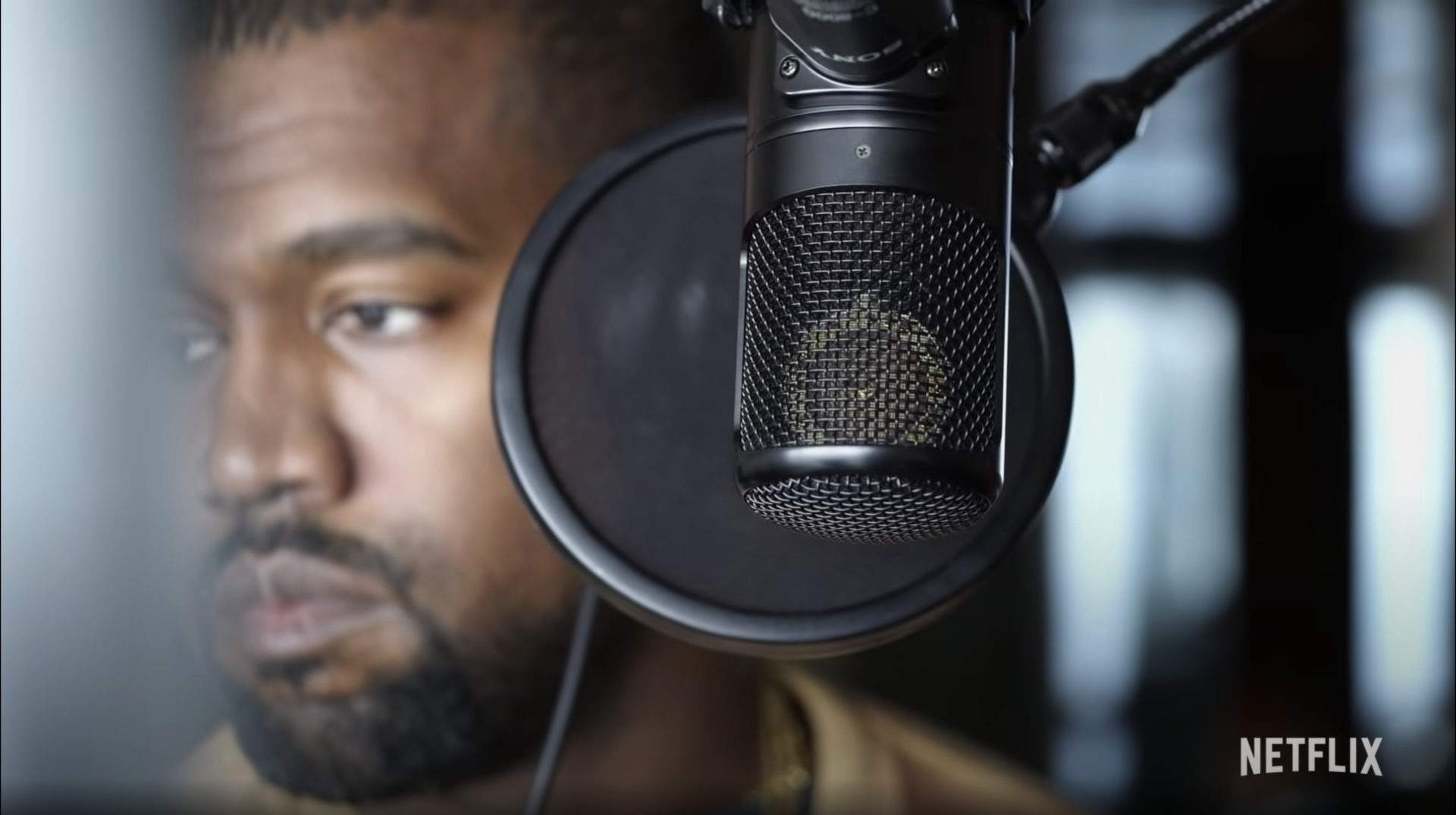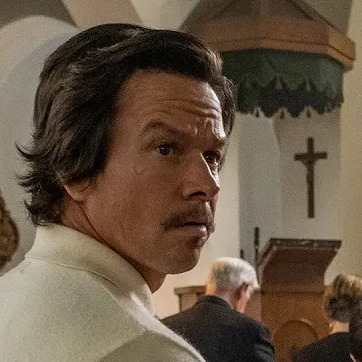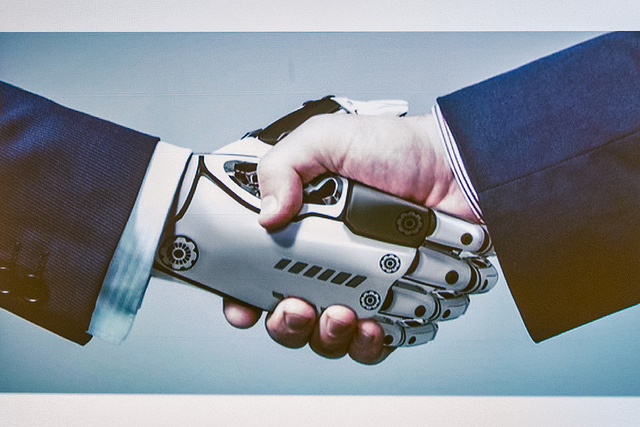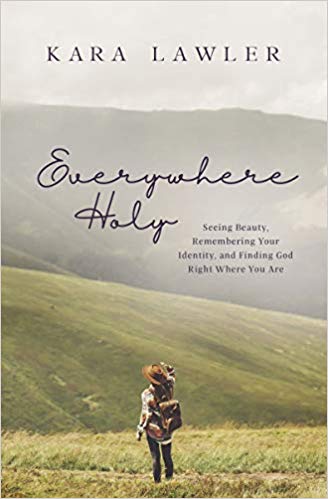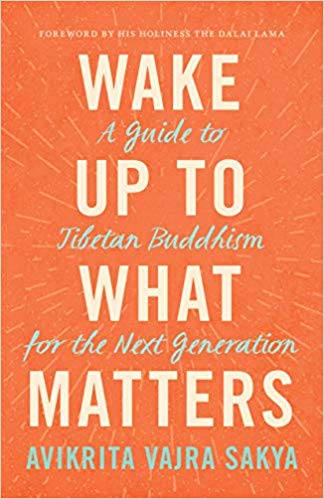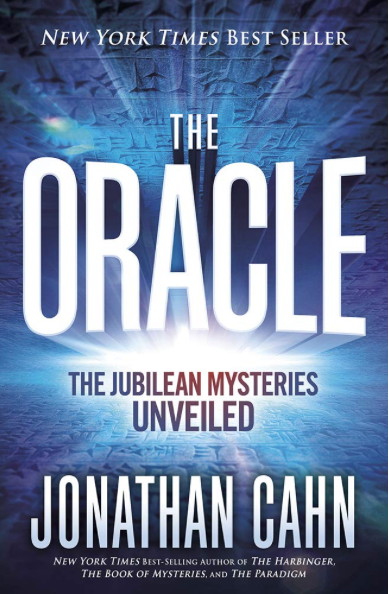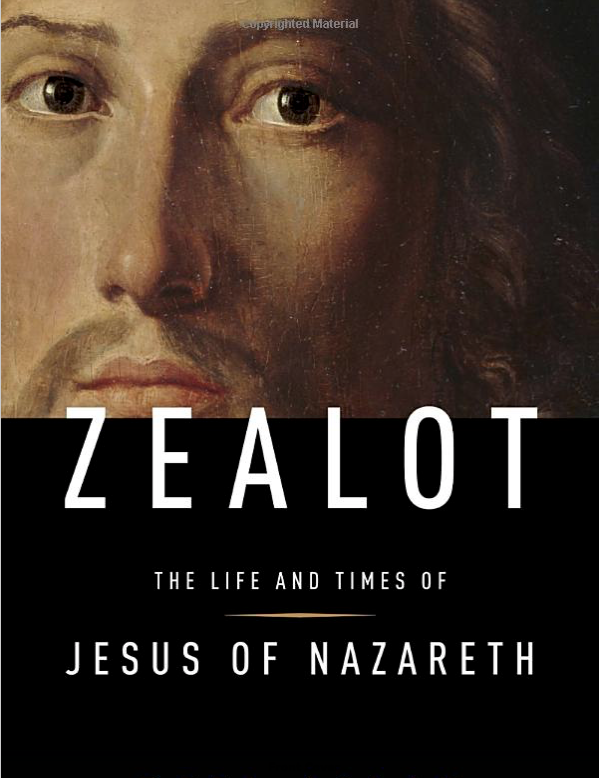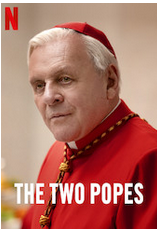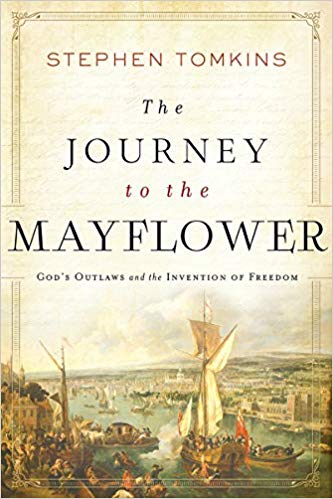A Retired Hollywood Executive’s Mission to Promote Religious Literacy on the Big Screen Promises to Change How Film Professionals Approach Spiritual Themes
- By C Barnett --
- 03 Nov 2023 --
Widely considered the hub of global entertainment, Hollywood exerts a powerful influence on people’s worldviews by helping shape their cultural norms, values and beliefs through efforts to expand equitable standards in such aspects of filmmaking as casting, character development and storytelling.
After decades of promoting a monocultural view of American life, Hollywood has lately begun focusing on what El País, a prominent Spanish-language newspaper, described in an October 30 article as “the only facet left to come out of the [industry’s] closet”—religion.
To increase awareness about the portrayal of religion, advocate for religious diversity, and encourage a more compassionate depiction of spirituality in the media, a retired Hollywood studio executive has introduced “DeeperDive”—a course designed for screenwriters, content creators and media industry experts.
Developed in collaboration with Harvard Divinity School, DeeperDive is the brainchild of Mario Cader-Frech, a 2018-22 fellow at the institution who is currently pursuing a master’s degree there in Religion in Public Life.
Cader-Frech previously worked for two decades as senior vice president of Social Responsibility at ViacomCBS, a media and entertainment giant that was renamed Paramount Global in 2022.
Using television programming, special events, and digital content, he launched more than 60 initiatives at Viacom that tackled urgent social issues, including HIV/AIDS, human trafficking, bullying, teen pregnancy, gender and racial equality, as well as LGBTQ+ rights.
“When I reached my retirement age, I realized that we had never touched on the topic of religion,” Cader-Frech told El País. He explained that there is an unspoken agreement in the U.S. media to maintain a secular approach. “However,” he added, “that does not respond to reality, because spiritual ideology permeates everything.”
The media and entertainment industry wields immense influence over how people across the globe perceive religion, says the DeeperDive website, adding that the industry “impacts how we treat others, how we think about our own moral systems, how we vote, and how we think about other facets of identity, including race, gender, and sexuality.”
The DeeperDive project’s aim is to give more cinematic exposure to—and promote interreligious dialogue among—a greater number of the world’s religions than are depicted in the cultural narratives of most films.
“In Hollywood we continue to reflect models from 50 years ago: the same priest, rabbi or, unfortunately, the bad Muslim terrorist,” Cader-Frech said. Contrasting those stereotypes with how gay people have historically been perceived in popular culture, he pointed out that some 30 years ago, the portrayal of LGBTQ+ individuals was also largely unfavorable and sensationalized.
“Today,” however, “you ask a child what a gay person is like and they don’t give you a specific description,” he stressed.
“Our goal,” he added, “is that in 30 years you will ask a young person what a Christian, a Muslim, or a Jew is like and there will be no very specific definitions.”










